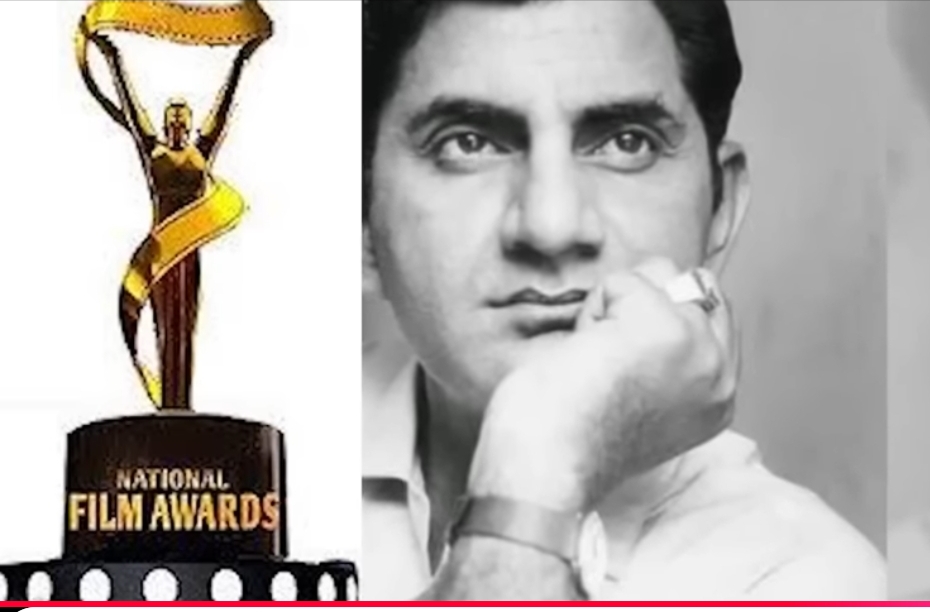
Anand Bakshi: Celebrating the 95th Birth Anniversary of a Legendary Lyricist
On July 21, 2025, we commemorate the 95th birth anniversary of Anand Bakshi, the unparalleled lyricist whose words continue to resonate in the hearts of millions. His timeless songs, woven with simplicity and profound emotion, remain the soul of Hindi cinema.
Over a career spanning more than four decades, Bakshi penned over 4,000 songs for 638 films, earning him a record-breaking 40 Filmfare nominations and four wins. His verses, like the poignant lines from Zindagi Ke Safar Mein—“Guzar jaate hain jo maqaam, woh phir nahi aate”—capture the fleeting nature of life, leaving an indelible mark on generations of listeners. As we honour his legacy, we reflect on the journey of a man who turned words into magic and became the voice of a nation.
From Rawalpindi to Bollywood: A Journey of Destiny
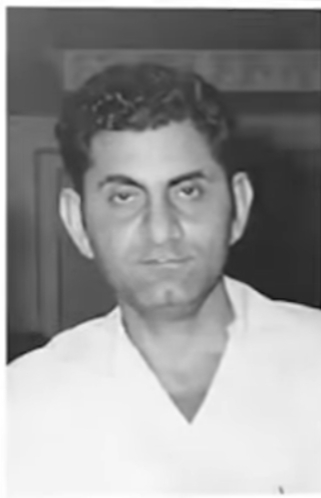
Anand Bakshi was born on July 21, 1930, in Rawalpindi, in undivided India (now Pakistan). The son of a bank employee, Bakshi’s early life was shaped by the turmoil of the 1947 partition, which forced his family to relocate to Delhi. From a young age, he was blessed with a gift for words, crafting poetry that reflected both simplicity and depth. Though he initially dreamed of becoming a singer, destiny had other plans. After a stint in the Royal Indian Navy and later the Indian Army, Bakshi’s heart remained tethered to the world of Hindi cinema.
His journey to Mumbai was fueled by ambition, but success did not come easily. Struggling through odd jobs, he got his first break in 1957 with the film Sher-e-Baghdad, writing the song Valle Valle Vai O Valle Vai for Shamshad Begum. His early career saw him penning lyrics for B-grade films like Miss Toofan Mail and Khoobsoorat Dhokha. It was in 1958, with Bhalaa Aadmi and the song Dharti Ke Lal Na Kar Itna Malaal, that Bakshi began to gain notice. However, it wasn’t until 1962, with the qawwali Meri Tasveer Lekar Kya Karoge Tum (Kala Samundar) and Mere Mehboob Qayamat Hogi (Mr X in Bombay), that he started making waves in the industry.
The Rise to Stardom: A Lyricist for All Seasons
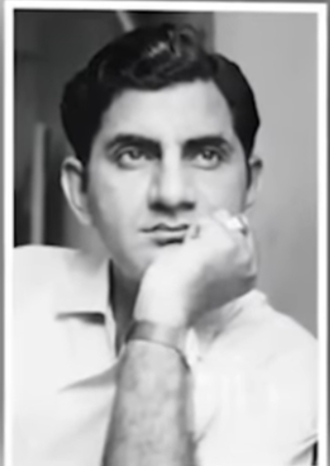
The turning point in Bakshi’s career came in the mid-1960s with films like Mehndi Lagi Mere Haath (1962), Jab Jab Phool Khile (1965), and Himalaya Ki God Mein (1965). Songs like Pardesiyon Se Na Ankhiyan Milana, Yeh Sama Sama Hai Ye Pyaar Ka, and Chand Si Mehbooba Ho Meri became chartbusters, establishing him as a leading lyricist. His ability to capture universal emotions with simple yet evocative words made his songs timeless. The 1967 film Milan, with its iconic Sawan Ka Mahina, cemented his status as the voice of a generation, making him a favorite of filmmakers and audiences alike.
Bakshi’s versatility shone through in his ability to write for all ages and emotions. Whether it was the youthful exuberance of Ek Tha Gul Aur Ek Thi Bulbul or the soulful melancholy of Chingari Koi Bhadke (Amar Prem), his lyrics resonated with every listener. His collaborations with music directors like Laxmikant-Pyarelal, R.D. Burman, and Kalyanji-Anandji produced some of Hindi cinema’s most unforgettable melodies. With Laxmikant-Pyarelal, he created classics for films like Do Raaste and Bobby, while his partnership with R.D. Burman gave us gems like Kati Patang and Hare Rama Hare Krishna.
A Voice for Every Era: The ’70s and Beyond
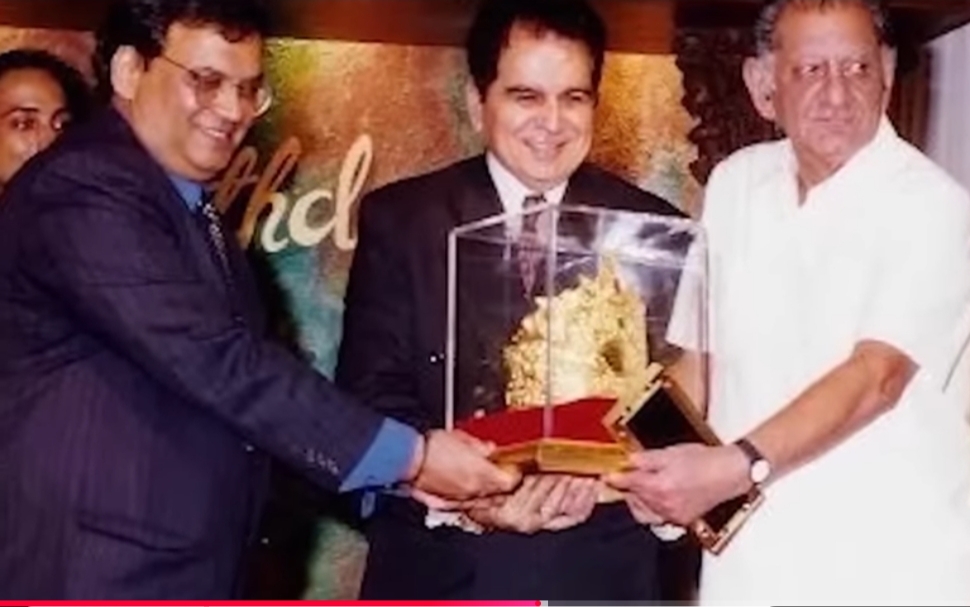
The 1970s marked the peak of Bakshi’s career, as he became the go-to lyricist for Bollywood’s biggest stars and filmmakers. His songs for Rajesh Khanna’s films, including Aradhana (Mere Sapno Ki Rani), Amar Prem (Yeh Kya Hua), and Kati Patang (Yeh Shaam Mastani), defined the romantic hero’s persona. Blockbusters like Sholay (Yeh Dosti), Bobby (Hum Tum Ek Kamre Mein), and Seeta Aur Geeta (Haan Ji Haan Maine Sharaab Pi) showcased his ability to blend humor, romance, and drama into his lyrics.
Bakshi’s versatility extended beyond writing. In 1972, he made his singing debut in Mom Ki Gudiya, performing the duet Baaghon Mein Bahar Aayi with Lata Mangeshkar. He also lent his voice to songs like Chand Sa Koi Chehera (Sholay) and Aaja Teri Yaad Aayi (Charas), proving his multifaceted talent.
The 1980s saw Bakshi adapt to changing musical trends, delivering hits for films like Karz (Om Shanti Om), Hero (Tu Mera Hero Hai), and Chandni (Mere Haathon Mein Nau Nau Chudiyan). His lyrics for Ram Lakhan, Meri Jung, and Karma captured the era’s action-packed dramas, while romantic numbers like Tere Mere Beech Mein (Ek Duuje Ke Liye) became anthems of love.
Even in the 1990s, when new lyricists emerged, Bakshi remained unmatched. Films like Dilwale Dulhania Le Jayenge (Tujhe Dekha To), Taal (Ishq Bina), and Mohabbatein (Humko Humise Chura Lo) showcased his ability to stay relevant across generations. His final works, including Gadar: Ek Prem Katha and Asoka, continued to enthrall audiences until his passing on March 30, 2002, at Mumbai’s Nanavati Hospital.
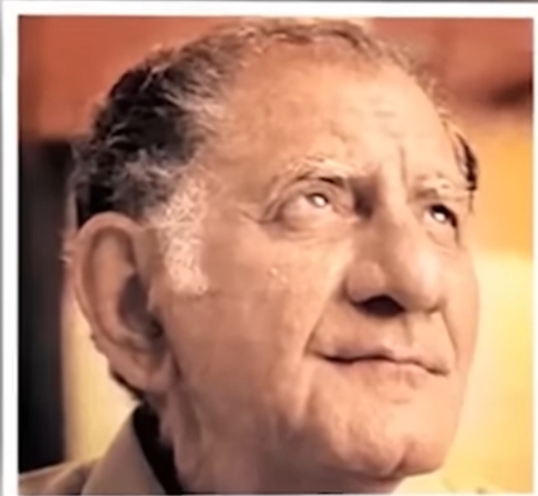
A Legacy That Lives On
Anand Bakshi’s songs are more than just lyrics—they are emotions etched in time. His ability to weave profound meaning into simple words made him a poet of the masses. Whether it was the playful Ek Chatur Naar (Padosan) or the philosophical Zindagi Ke Safar Mein (Aap Ki Kasam), his verses spoke to every heart. His record of 40 Filmfare nominations and four wins is a testament to his unparalleled contribution to Indian cinema.
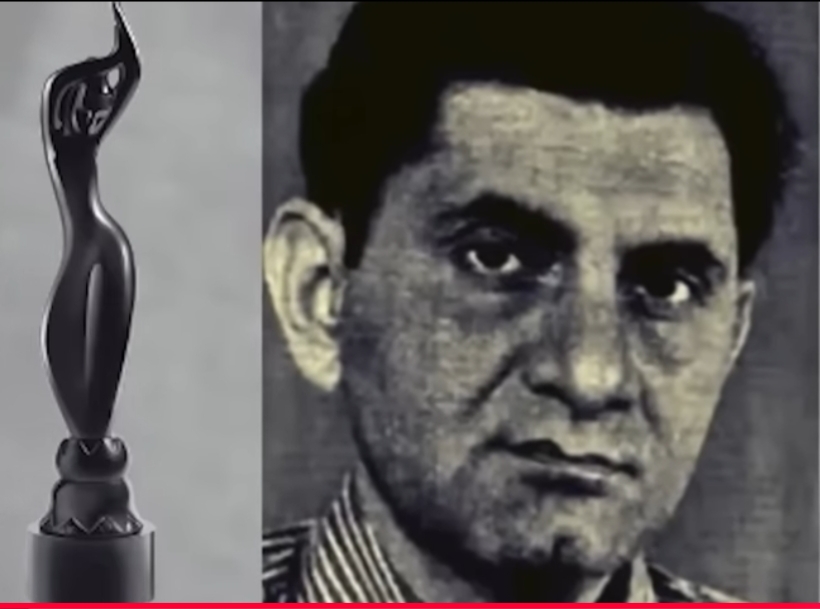
Bakshi’s personal life was as grounded as his lyrics. Married to Kamla Mohan Bakshi, he was a devoted family man with two daughters, Suman Datt and Kavita Bali, and two sons, Rajesh and Rakesh. Despite his fame, he remained humble, letting his work speak for itself.
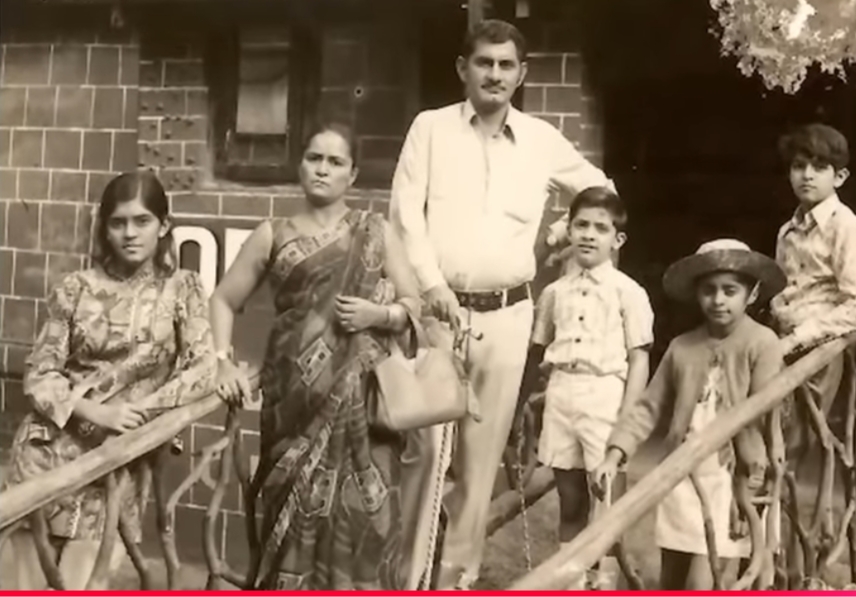
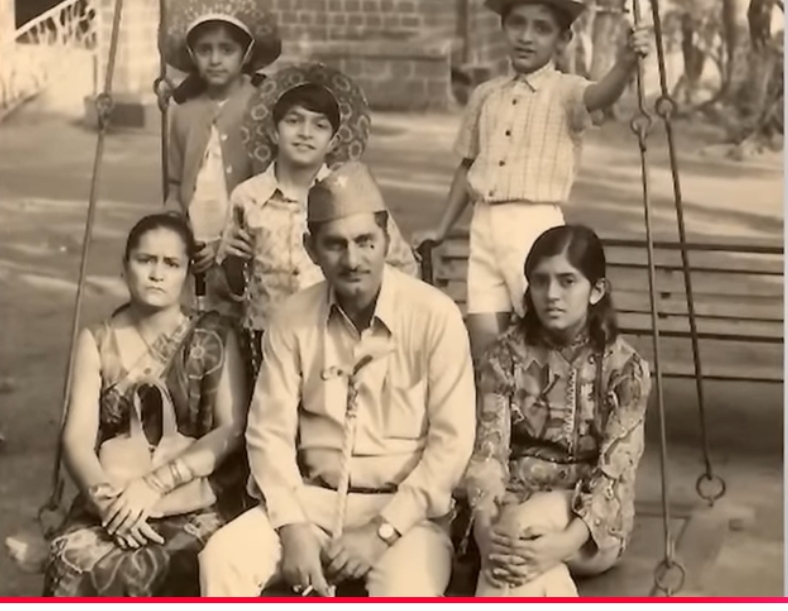
Today, as we celebrate his 95th birth anniversary, Anand Bakshi’s songs continue to evoke nostalgia and inspire new generations. His words, like the seasons he so beautifully described, remain evergreen—blooming in our hearts, untouched by the passage of time. As we hum Yeh Sama Sama Hai Ye Pyaar Ka or reflect on Woh Phir Nahi Aate, we are reminded of a lyricist who turned fleeting moments into eternal melodies.
Hasnain Naqvi is a former member of the history faculty at St. Xavier’s College, Mumbai





